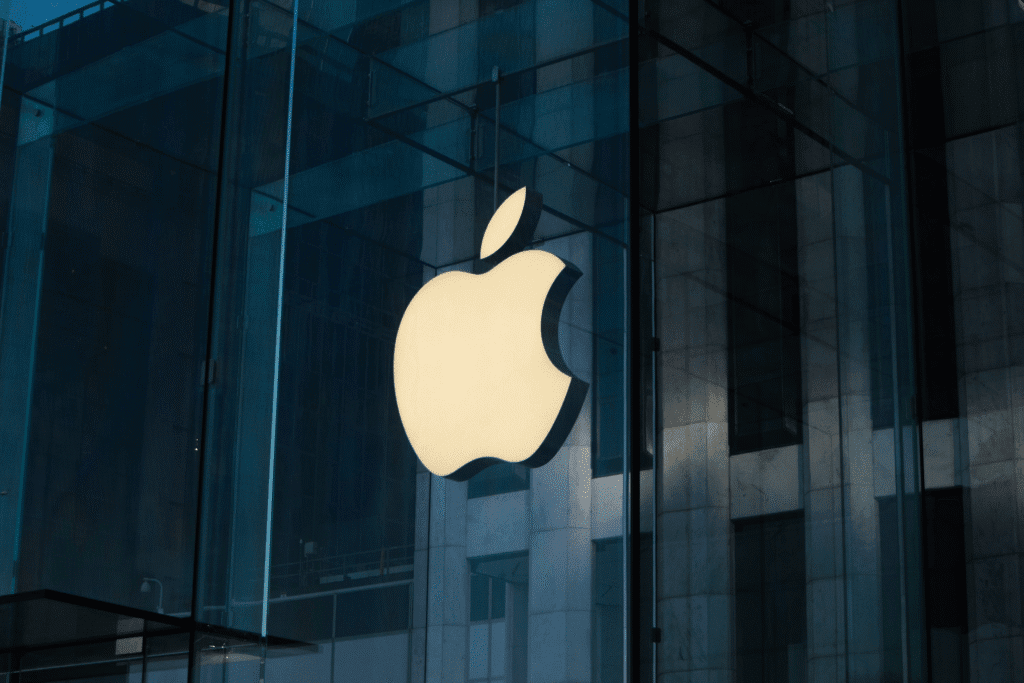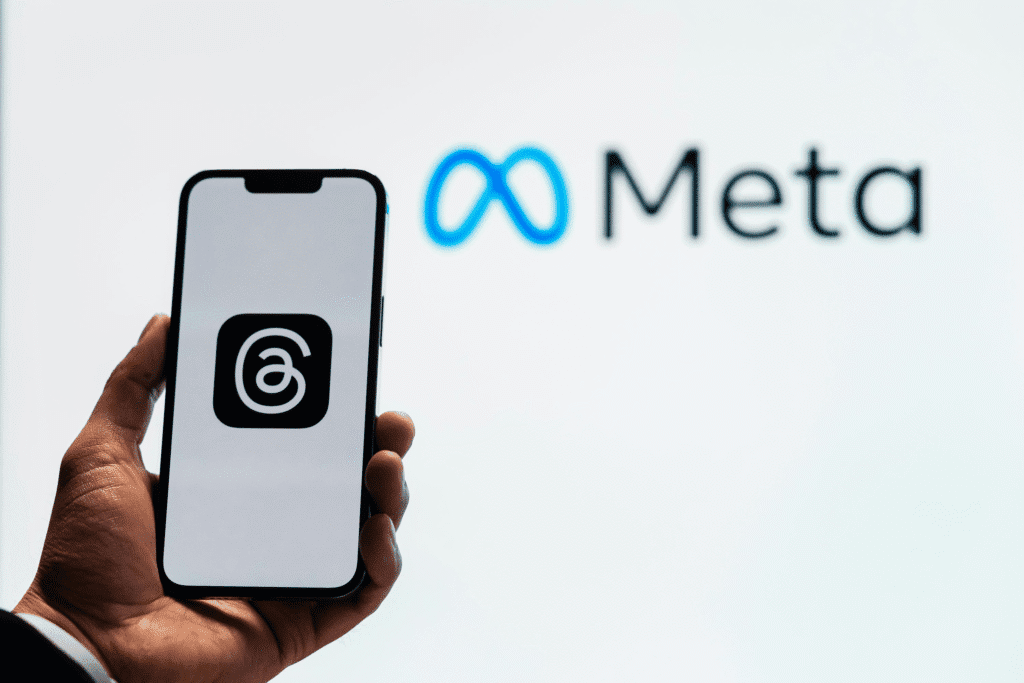The European Union has slapped huge fines on two of America’s biggest tech companies, Apple and Meta, for breaking strict new competition laws. Apple has been ordered to pay €500 million, while Meta must pay €200 million. These penalties come after a long investigation into whether these companies were following the EU’s Digital Markets Act (DMA), a law designed to make sure big tech firms don’t crush smaller competitors.
This move could make relations between the EU and the United States more tense, especially since former US President Donald Trump has warned before that he might impose taxes on countries that punish American businesses. The fines might be seen as another step in the ongoing battle between Europe and US tech giants over who controls the digital market.
The European Commission, which handles competition rules in the EU, spent a year looking into how Apple and Meta run their businesses. The DMA was created to stop big companies from locking out smaller rivals by making sure they play fair. The EU says Apple made it too hard for app developers to tell users about cheaper deals outside the App Store. Meta, on the other hand, got in trouble for its “pay-or-consent” system, which forces users to either pay for ad-free services or agree to personalized ads.

Apple is not happy with the decision and says it will fight the fine in court. In a statement, the company said, “Today’s announcements are yet another example of the European Commission unfairly targeting Apple in a series of decisions that are bad for the privacy and security of our users, bad for products, and force us to give away our technology for free.” Apple argues that the EU’s rules hurt user safety and force the company to give away its innovations without getting paid.
Meta also criticized the EU’s decision, saying it unfairly targets American companies while letting Chinese and European firms operate under different rules. In an email, Meta said, “The European Commission is attempting to handicap successful American businesses while allowing Chinese and European companies to operate under different standards.” The company also claimed that the EU’s restrictions on personalized ads will hurt small businesses in Europe that rely on targeted advertising to reach customers.
Joel Kaplan, Meta’s Chief Global Affairs Officer, added, “This isn’t just about a fine; the Commission is forcing us to change our business model, effectively imposing a multi-billion-dollar tariff on Meta while requiring us to offer an inferior service. And by unfairly restricting personalized advertising, the European Commission is also hurting European businesses and economies.”
Even though these fines are big, they are actually smaller than some of the penalties the EU has given in the past. Under the previous EU antitrust chief, Margrethe Vestager, companies like Google were fined billions of euros for breaking competition rules. Some experts believe the EU is being careful this time because they don’t want to anger the US government, especially with Donald Trump possibly returning to power.
People familiar with the matter say the fines are lower because the violations happened over a short period, and the EU is more focused on making companies follow the rules rather than just punishing them. There’s also concern that if the fines are too harsh, the US might retaliate with taxes on European goods.
The EU’s main demand is that Apple must stop blocking app developers from telling users about better deals outside the App Store. Right now, Apple takes a big cut from app sales and subscriptions, and many developers say this makes their products more expensive for users. The EU wants to give smaller companies a fair chance to compete.
For Meta, the problem is its ad system. The company introduced a new model in late 2023 where users had to either pay a monthly fee to avoid ads or agree to let Meta use their data for personalized ads. The EU says this system doesn’t give users a real choice and breaks the DMA’s rules on fair competition.
These fines are part of a bigger fight between governments and tech giants over who controls the internet. The EU has been leading the way with strict laws to limit the power of big tech companies, while the US has been more divided, with some politicians wanting tougher rules and others worried that too much regulation will hurt American businesses.

Apple and Meta are two of the richest companies in the world, so these fines won’t bankrupt them. But the bigger issue is whether they will be forced to change how they do business in Europe. If the EU keeps pushing, other countries might follow, and that could mean major changes for how tech companies operate globally.
For now, both companies are standing their ground. Apple says it will challenge the fine in court, and Meta argues that the EU’s rules are unfair. But with the DMA now in full effect, the EU has made it clear that it won’t back down easily. The coming months could see more legal battles, negotiations, and possibly even bigger fines if the companies don’t comply.
This case also raises questions about how different countries regulate tech companies. The US and Europe don’t always agree on the best way to handle big tech, and with political tensions already high, this could become another sticking point in international relations.
In the end, the goal of the DMA is to create a fairer digital market where small businesses can compete with giants like Apple and Meta. Whether these fines will actually achieve that remains to be seen. But one thing is clear—the fight between regulators and tech companies is far from over.


